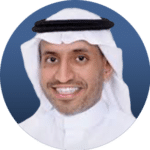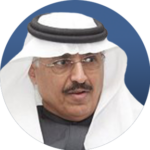MED Panels

Adel Hamaizia
Associate Fellow, MENA Programme, Chatham House

Ishac Diwan
Professor and Research Director, Finance for Development Lab, Paris School of Economics

Shaikha Alanoud Al Thani
Deputy CEO, Qatar Financial Centre

Dina Shoman
Co-founder, Verity

Ibrahim Saad Almojel
CEO, Saudi Industrial Development Fund

Abdel Aziz Abu Hamad Aluwaisheg
Assistant Secretary General for Political Affairs and Negotiations, GCC
As the world starts to gradually recover from the consequences of the COVID-19 pandemic, economic diversification is proving to be both a challenge and an opportunity for Middle East countries. In a world threatened by climate change and in constant technological evolution, it becomes necessary to reflect on how to (re)design the future of national economies in the Gulf and the broader Mediterranean. Reviving productivity, enhancing competitiveness as well as creating an environment open to private investments, are just some of the issues that countries in the region have started to address. Further, given the key role that innovation holds in the global economy, this economic transition will require a renewed commitment and engagement towards higher education and research.
GCC states have already reflected upon these challenges, incorporating them into their long-term vision strategies. Nevertheless, cooperation and complementarity among countries can offer opportunities to enhance shared prosperity in the region. Against this backdrop, what reforms will pave the way for economic diversification and upgrading? What economic sectors will drive this economic transition? And how can different national plans act in synergy?